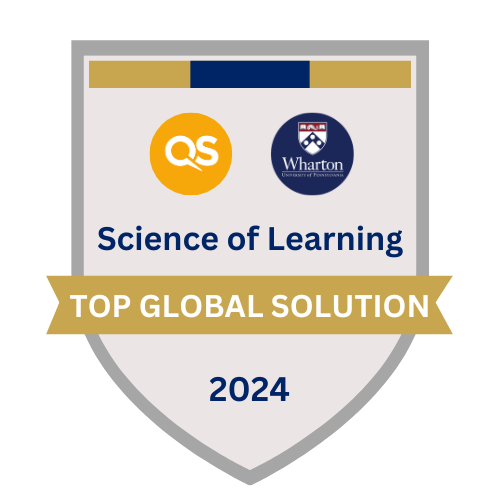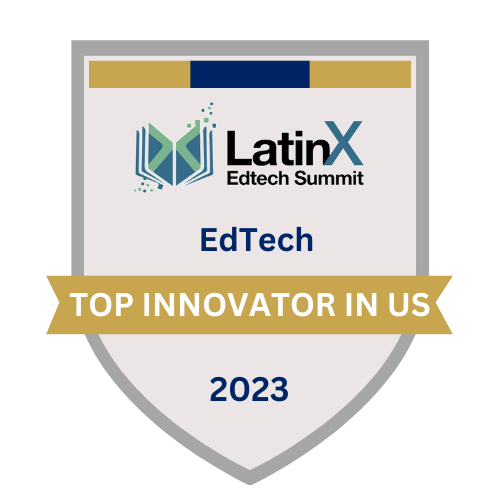COGx & Harvard
Turning an Ocean Liner: Why Is Change In Schools So Hard?
December 13th, 2021 | 5:00 – 6:15 pm EST
Common & Persistent Challenges:
The current approach to teaching is often disconnected from how students learn and causes too many students to drop-out, struggle, and/or work too hard to do well (Hynes, 2014). This in turn, inhibits interest and careers in STEM, which are often perceived to be “too hard” by students or “for smart kids”. Engagement decreases steadily from elementary school through high school (Gallup, 2016), impacting students’ ability to succeed academically.
Learning is a scientific process, and for students to learn optimally they must be taught (Bjork et al., 2013). This is true regardless of cognitive abilities and disposition towards learning. Students often use ineffective techniques such as highlighting and re-reading, with limited success. Such strategies are rooted in the misconception about how they learn (Bjork & Bjork, 2011).
Questions Addressed in the Webinar:
- What does a successful education achieve and how do we measure that?
- What’s missing from our traditional model of teaching and learning today?
- Why is this missing or difficult to implement in our school system? (resistance to change, innovate, modernize)
- How can you equip teachers to make positive changes in their classrooms? What knowledge base should they have and what responsibility is theirs for adjusting instruction for their specific school?
- How can students be encouraged to make changes in their own behaviors so that they can benefit the most from their time in school?
- How do you help organizations make change when they have limited capacity/time? What must be tailored to each educational institution?
- What most resonates in your Science of Learning training with educators? What surprises them?
- Inequity & Innovation: Is innovation less penetrable where it is needed most? Where is the status quo most pervasive and why?
For more information on Harvard Alumni for Education: http://www.harvardaed.org/
Panelists & Moderator
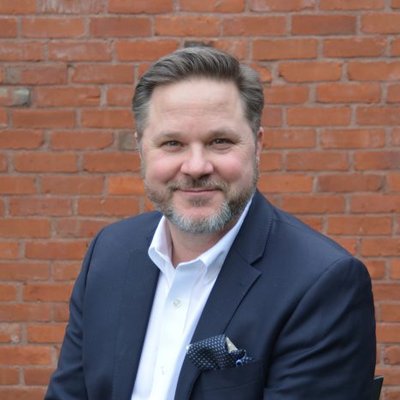
Richard earned his Ed.M. and Ed.D. in Administration, Planning and Social Policy from the Harvard Graduate School of Education. He earned his BA in Political Science from North Carolina State University.
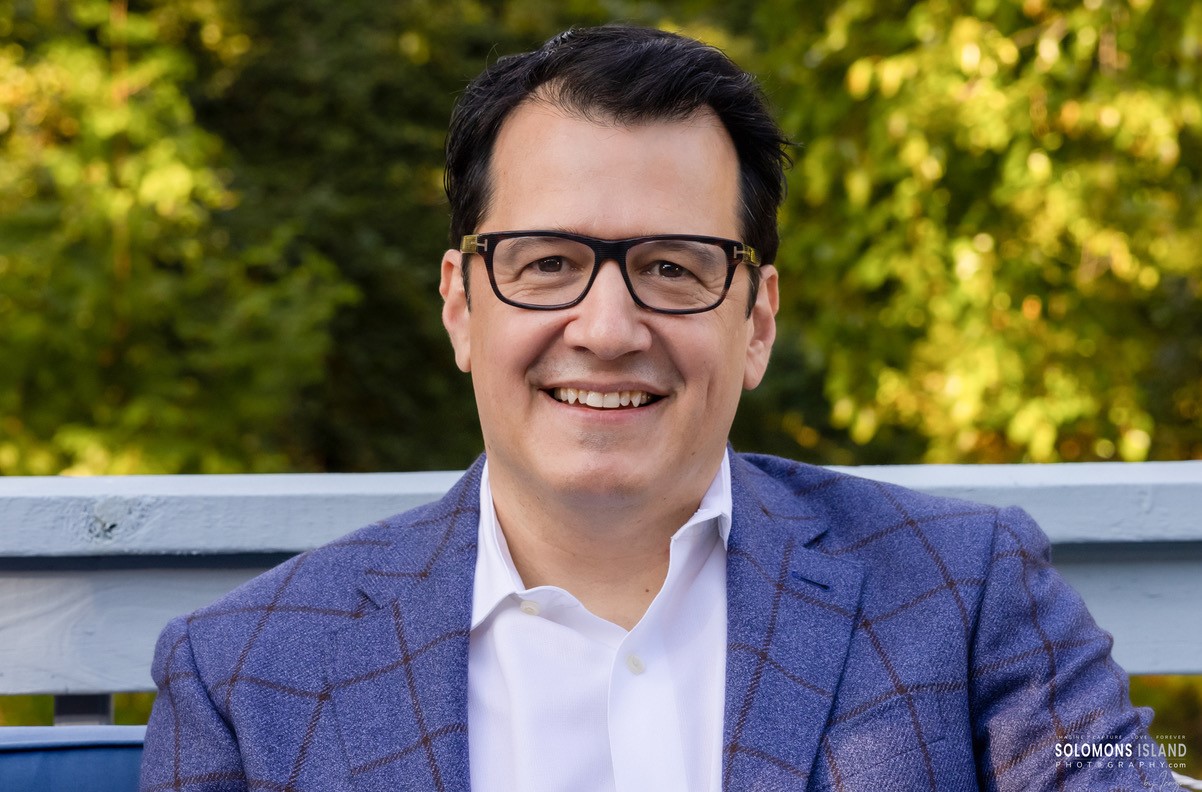
Javier Arguello
Founder & Executive Director, COGx
Javier is the Founder & Executive Director of COGx, a research and development firm in applied cognitive science. Since 2010 COGx has partnered with leading academics to translate the science of learning into programs that close the gap between teaching and learning. COGx programs democratize access to decades of research on learning science, which is translated to ensure effective application and a sustainable impact for partner organizations, which include learning centers, schools and colleges. COGx programs have been adopted in Canada, North America, Latin America, the Middle East. COGx has been recognized as a leading innovator in education and endorsed by Ministries of Education.
Education:
Javier holds an undergraduate degree from George Washington University and graduate degrees from Yale & Harvard.
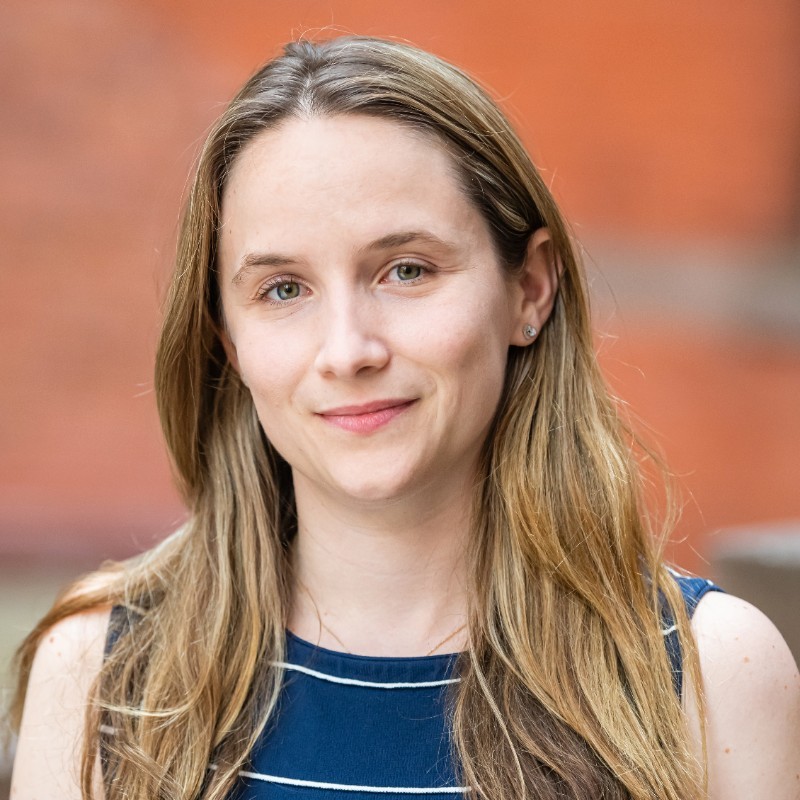
Susanna Brock
Director of Research and Development, COGx
Susanna Brock is the Director of Research and Development at COGx. She has been committed to translating findings in cognitive science into practical applications in the classroom for the last 15 years. She has worked as a mathematics teacher, science teacher, and learning specialist in middle and high schools in the New York City area. Susanna is also an adjunct professor and doctoral advisor at the Johns Hopkins School of Education. Susanna’s particular research interests include student self-efficacy and sense of belonging in mathematics, math anxiety, and the gender gap in math achievement.
Education:
Susanna earned her A.B. in History and Science from Harvard College with a certificate in Mind, Brain and Behavior studies, her M.S. in Neuroscience and Education from Teachers College Columbia University and her Ed.D. from Johns Hopkins School of Education

